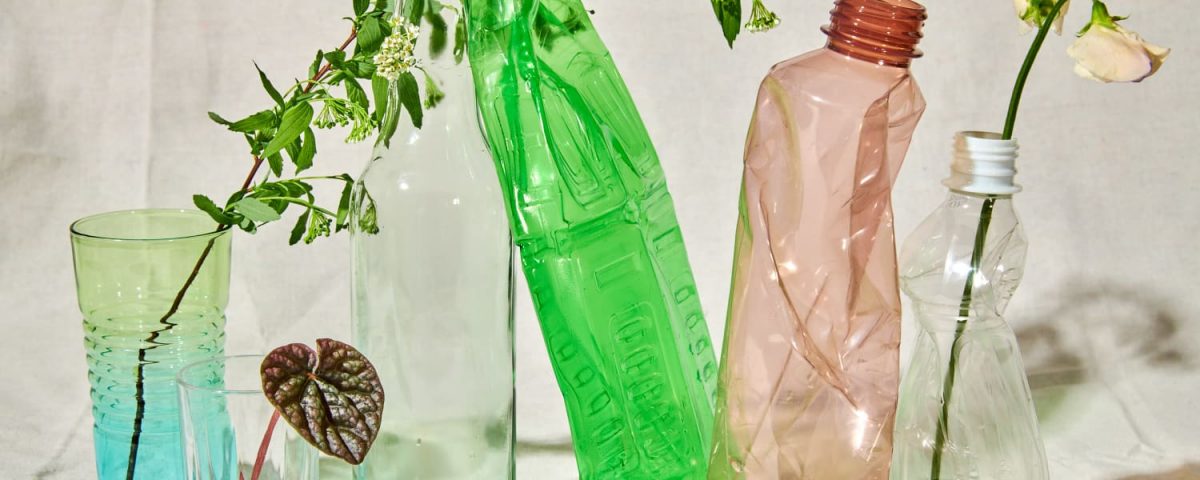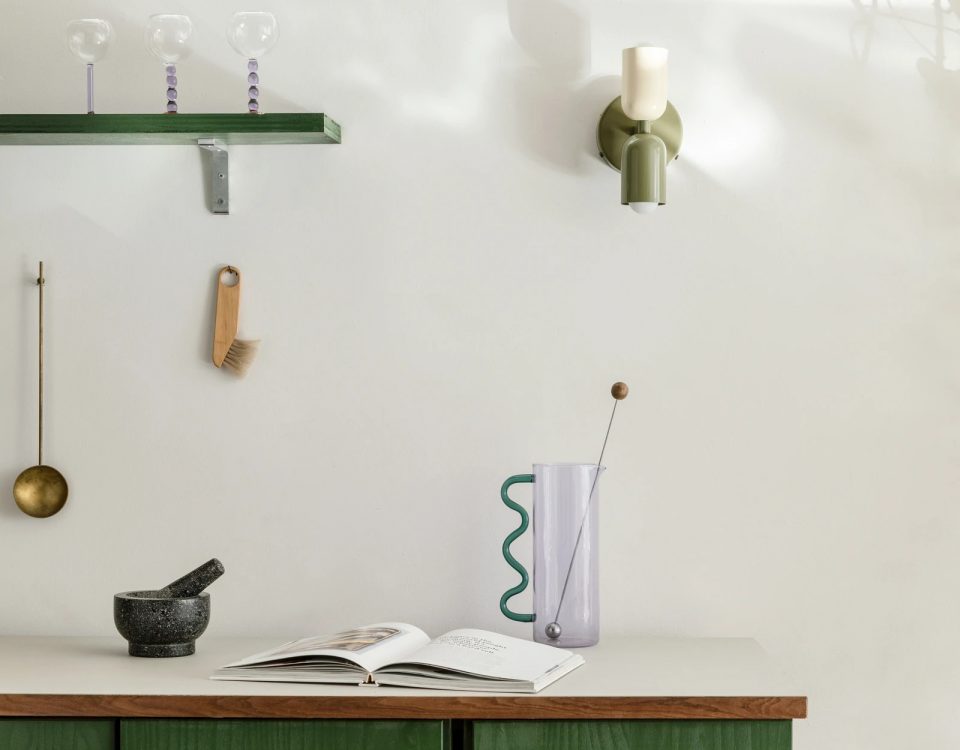- Privacy On Demand
- 020 8150 0080
- 0845 3886618
- info@priviglaze.com

Chlöe Bailey: Step Inside Her Serene Los Angeles Home | Architectural Digest
19 April 2022
I Can’t Sleep Without This Customizable Pillow — and You Can Get It on Sale Right Now
19 April 20228 Myths That Are Holding You Back From Sustainability Success

[ad_1]
We independently select these products—if you buy from one of our links, we may earn a commission.
We only get one planet, and everyone plays an important role in protecting it. Even if you’re committed to caring for Earth, shifting toward a more sustainable lifestyle can feel overwhelming — you might feel like you’re not doing enough to make an impact, or you may not even know where to begin in the first place.
One way to feel more empowered is to recognize your own misconceptions about what it means to take care of the environment. Here are eight of the most common myths about sustainable living, according to experts, and some helpful tips for getting started.
Myth: Sustainable products don’t work as well
Sure, that bamboo toothbrush might be compostable, but will it actually clean your teeth as well as your plastic brush? That concern makes total sense. If you buy a product you don’t love, you’re not actually doing our planet any favors.
The good news, says Ashlee Piper, author of “Give A Sh*t: Do Good. Live Better. Save the Planet.“, is that sustainable home, beauty, and grooming products are one of the fastest-growing products in the market, and brands are always developing new things. It might take some time to land on swaps you adore, but whether you’re searching for an effective home cleaner or a camera-ready mascara, it should only get easier to find something that works just as well (or maybe better) than your non-sustainable alternative.
Myth: “Clean” or “natural” are sustainable
If you’re shifting toward a more sustainable lifestyle, then choosing cleaning products or personal care items with more earth-friendly ingredients is one part of the process. But it’s important to remember, says Jessy Servi Ortiz, managing director of the Wisconsin Sustainable Business Council, that “clean” or “natural” on a product label doesn’t always mean that it’s environmentally friendly.
The product’s packaging, how it’s transported, and the company’s overall commitment to sustainability all matter. “For example, if a product is labeled as ‘natural’ but it’s wrapped in plastic or requires batteries, you should think twice about it,” Ortiz says.
Myth: Sustainability is expensive
Smart appliances or non-plastic products can make it easier to limit your impact on the environment, but keep in mind that the goal of sustainability is to consume less. “Getting rid of what you own to buy something new is actually worse for the environment,” says Ortiz. “It’s best to use what you already have and think more critically about future purchases.”
Myth: You shouldn’t lower your thermostat when you go out of town
Mindful energy consumption is a simple but impactful way to reduce your home’s impact on the environment — and your thermostat plays a big role in that. You may have heard a rumor that it’s a bad idea to turn off your thermostat when you go out of town, because it uses more energy to get your thermostat back to your desired temp when you return.
Lyn Huckabee, an energy efficiency expert based in Massachusetts, says that’s a major misconception. Yes, it’ll take energy to get from 80 to 70 degrees when you get home, but if the A/C wasn’t running for several days, you’ve ultimately saved energy.
Myth: Replacing your windows helps save energy
If your windows are old and drafty, you might think replacing them is an important first step in saving energy — but that’s actually a myth. “Windows don’t take up very much surface area in your home, so it won’t save you much energy,” says Huckabee. “The better move is to insulate your walls first, then if you need to, you can replace your windows.”
Myth: Recyclable = sustainable
Yes, recycling actually recyclable products can help prevent waste from building up in landfills. But just because something can be recycled doesn’t mean that actually happens. “Our recycling infrastructure is super overwhelmed in the U.S., and most of what gets sent there doesn’t actually get recycled,” says Azora Zoe Paknad, founder of the sustainable brand Goldune. Instead of mindlessly relying on products that say “recyclable” on the label, check into whether your local recycling service takes those items, and be sure to follow the instructions for doing it properly (for example, removing any unrecyclable parts and washing containers that held food). Compost what you can, too, to reduce the load on recycling plants.
Myth: Glass is always better than plastic
Pretty much everyone agrees plastic isn’t great for the environment, and theoretically, glass is a reasonable alternative. You may be more likely to reuse a glass vessel, glass is microplastic-free, and it’s infinitely recyclable. But according to Paknad, it’s not a perfect swap: Glass weighs a lot more than plastic, and it breaks easier, meaning it’ll cost more energy (read: fossil fuel) to ship the same product in glass, and a lot more will go into waste during transit.
“Plastic still isn’t my favorite, especially from a microplastic standpoint, but recycled plastic is a great alternative to virgin plastic that’s less carbon intensive to ship and lowers our demand for virgin plastics,” Paknad says. If you’re curious, Paknad’s favorite vessel is aluminum because it’s light, less breakable, and infinitely recyclable.
Myth: Sustainability is all or nothing
One of the biggest barriers to sustainable living is the misconception that only big, sweeping changes make an impact. Paknad says that’s absolutely not true. Why? Well, aiming for perfection simply isn’t sustainable. “If we wait for everyone to adopt an eco-warrior lifestyle, we’ve got no shot at moving the needle,” she says. “A whole bunch of people doing an imperfect job at sustainable living does way more for the planet than one or two people doing it ‘perfectly.’”
Instead of beating yourself up over the sustainable lifestyle shifts that aren’t your thing or don’t feel accessible to you based on your lifestyle, your budget, your family, or your values, shift your focus to what does feel in reach. “It’s so much more productive for you and the planet to focus on crushing it at what you can do right now instead of fixating on what you can’t,” she says.
[ad_2]
Source link

